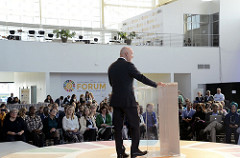Over 1,000 high-level representatives from government, business, civil society and international organisations gathered in New York City for the 3rd Sustainable Energy for All (SEforALL) Forum on 3 – 5 April. The Forum’s theme was “Going Further, Faster—Together.”Highlights of the event included discussions with Michael Bloomberg, Founder of Bloomberg LP & Bloomberg Philanthropies and 108th Mayor of New York City, and other notable business and government leaders as well as panel discussions on topics ranging from clean cooking stoves to decarbonising city transit systems.

On the Forum’s opening day, a renewed call came after the launch of the latest Global Tracking Framework. Data on the latest progress toward three global energy goals—access to electricity, renewable energy and energy efficiency—shows the current pace is too slow to reach the 2030 targets.
To allow progress to move at the speed and scale required, the Global Tracking Framework estimates renewable energy investment would need to increase by a factor of two – three, energy efficiency by a factor of three – six and a five-fold investment increase is needed to reach universal access by 2030.
The Forum’s closing keynote was delivered by the President of the 71st General Assembly, H.E. Mr. Peter Thomson. Mr. Thomson said: “We must [therefore] ensure universal access to affordable, reliable, sustainable and modern energy for humanity to move toward a sustainable future and achieve a world in which we eliminate extreme poverty, increase prosperity, empower women and girls, combat climate change, and protect our environment. Only then can we forge solutions that will ultimately transform our world for people, planet and prosperity.”
Many of the SEforAll accelerators were on hand at the Forum to discuss their progress to date and look for a way forward. The United for Efficiency team took part in a meeting with other accelerator team members at Citibank offices in Manhattan. The meeting featured a discussion between the accelerators and other organisations, such as the Carbon Trust, the Global Environment Facility, the World Bank and Citibank, focused on helping the accelerators move from the planning stages to the doing stages. These initial talks represent the start of an open dialogue between the finance world and the accelerators centered on the challenge of funding energy-efficiency programmes. In addition, this dialogue serves as an example of the Integrated Policy Approach, UN Environment’s preferred approach to developing systematic, well-planned policies that work


Leave a Reply